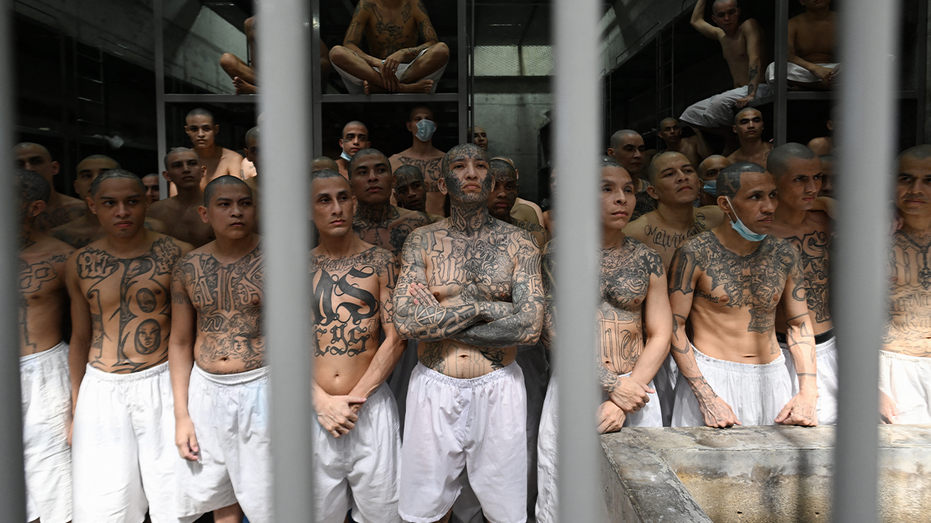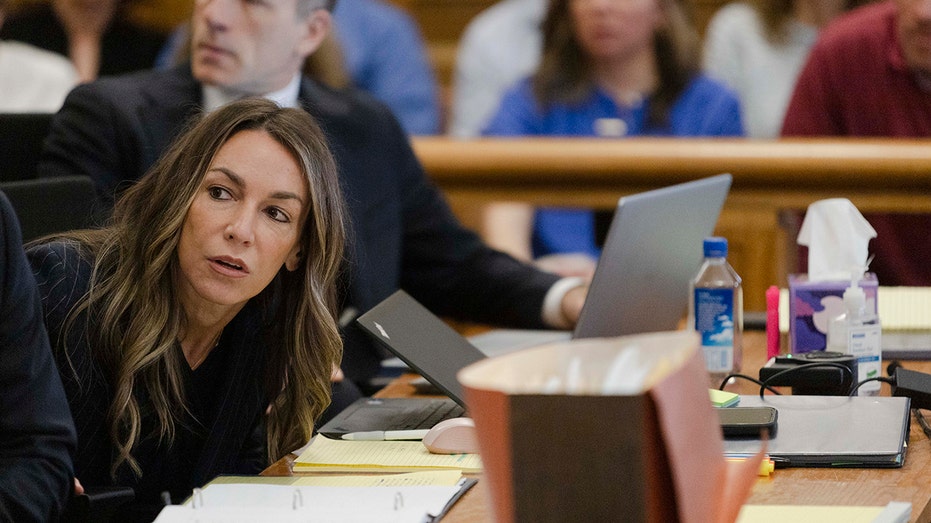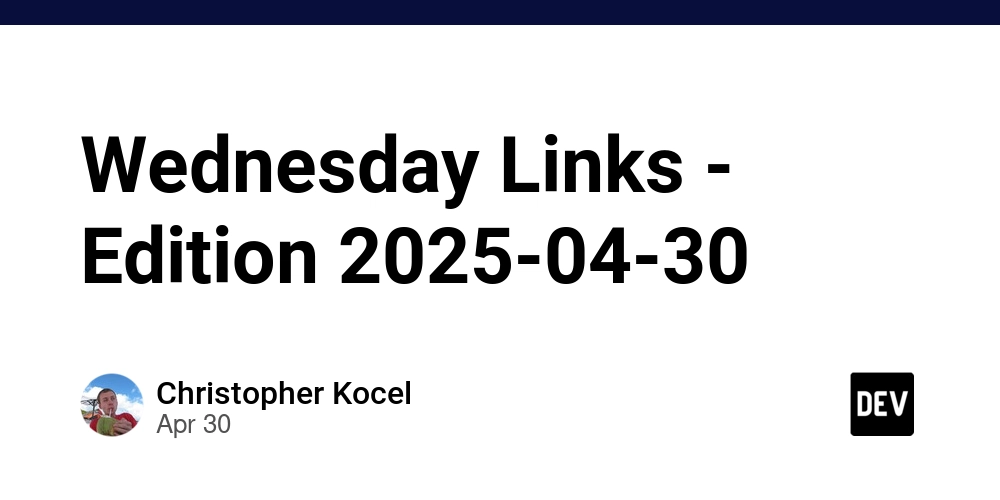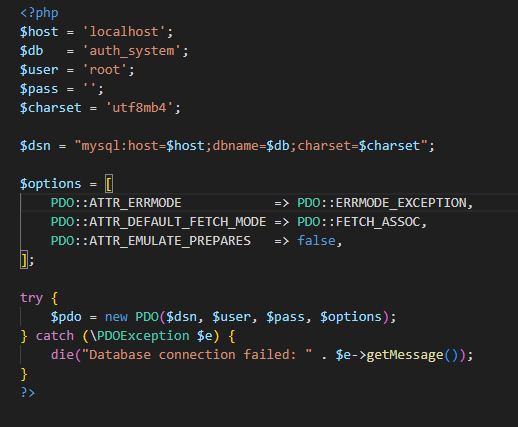I used to arrest people for marijuana. We should deschedule it now.
The STATES 2.0 Act, a bipartisan bill, would remove marijuana from the Controlled Substances Act, allowing states to regulate cannabis without federal interference, and would allow law enforcement to focus on real threats, restore consistency in our laws, and give states more flexibility as we seek to end a costly war on cannabis.

As a member of the New York Police Department, I made more marijuana arrests than I can count. Most were for small amounts — a joint on a stoop, a dime bag in a pocket. Back then, it was protocol, part of a zero-tolerance era where even low-level possession was treated as a threat.
But after years on the job and seeing firsthand how these arrests consumed resources and did little to keep our streets safe, it became clear to me that federal marijuana policy is not only outdated but is also actively undermining public safety and common sense.
Despite 39 states and Washington, D.C. legalizing medical marijuana, and 24 of those allowing adult-use recreational cannabis, federal law still classifies marijuana as a Schedule I substance, putting it on par with heroin. That disconnect is causing chaos for law enforcement, researchers, patients and legitimate businesses alike.
That’s why there is strong support for the recently reintroduced STATES 2.0 Act. The bipartisan bill removes marijuana from the Controlled Substances Act, allowing states to regulate cannabis without federal interference. It doesn’t impose federal legalization—it simply gets Washington out of the way.
This approach mirrors what President Trump said in 2018: Cannabis policy should be left to the states. The STATES 2.0 Act makes good on that principle while fixing some of the most dysfunctional parts of federal drug law.
Consider this, cannabis businesses that operate legally under state law are still barred from traditional banking services and can be penalized by the IRS. Operating primarily in cash makes cannabis businesses more susceptible to theft and other crimes, as they become attractive targets for criminals due to the large amount of cash on hand. No other legal industry is treated this way.
And it’s not just about dollars and cents. In 2022, more than 225,000 people were arrested in the U.S. for marijuana offenses, most of them for simple possession—possessing a small amount for personal use without an intent to sell or distribute. This has contributed to a staggering number of lives disrupted over a substance the majority of Americans no longer view as criminal.
The STATES 2.0 Act would allow law enforcement to focus on real threats — violent crime and organized trafficking networks — instead of booking people for a few grams of marijuana. As a retired cop, I can say with confidence, those arrests did not make New York City safer. They consumed resources, eroded community trust and saddled people with criminal records that followed them for life.
Descheduling cannabis would also remove barriers to scientific research. It would allow veterans, cancer patients and individuals with chronic pain to access treatment options recommended by their doctors. It would bring cannabis in line with how we already handle alcohol and tobacco — two substances that are legal, regulated and far more dangerous in excess.
Most importantly, descheduling would restore consistency in our laws. If you can legally buy cannabis in Oregon, you shouldn’t risk federal penalties for using it in Ohio. The current system is incoherent and creates unintended consequences.
This isn’t just a policy shift — it’s a political wave. The STATES 2.0 Act has bipartisan support and is backed by law enforcement groups, industry leaders and criminal justice policy experts. Public opinion is overwhelmingly in favor. Nearly 90 percent of Americans support marijuana legalization — including a majority of Republicans. In a polarized political climate, that kind of consensus is rare.
Descheduling marijuana doesn’t mean ignoring public safety and health. It’s about aligning policy with reality, prioritizing enforcement where it counts, and giving states more flexibility as we seek to end a costly war on cannabis that most of the country has already abandoned.
It’s time for Congress to catch up.
Jillian Snider is a resident senior fellow at the R Street Institute, an adjunct lecturer at John Jay College of Criminal Justice and a retired New York City police officer.












































































